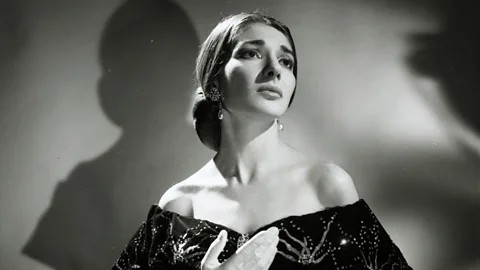Maria Callas, often hailed as the greatest soprano of the 20th century, transformed opera through her extraordinary vocal range, dramatic intensity and commanding stage presence. Her artistry not only revived forgotten works but also set a new standard for emotional authenticity in performance.
Early years and rise to fame
Born in New York in 1923 to Greek immigrant parents, Callas returned to Greece with her mother after her parents’ separation. She studied at the Athens Conservatoire, making her stage debut at 17 in Tosca. Her breakthrough came in Italy in the late 1940s, where she captivated audiences with her powerful voice and versatile technique, quickly gaining a reputation as an artist who could master both heavy dramatic roles and lighter bel canto repertoire.
A revolutionary presence on stage
What distinguished Callas was not only her vocal brilliance but her ability to act through music. At a time when many opera singers were criticised for static stage performances, she infused her roles with emotional depth and theatrical realism. From Bellini’s Norma to Verdi’s La Traviata, she created heroines who felt both human and vulnerable, setting a new benchmark for opera as drama.
A career of triumph and turbulence
The 1950s marked her peak, with acclaimed performances at La Scala in Milan, the Metropolitan Opera in New York, and Covent Garden in London. Her collaborations with conductor Tullio Serafin and director Luchino Visconti became legendary. Yet Callas’s career was also marred by vocal decline and public controversies, including her stormy relationship with Greek shipping magnate Aristotle Onassis, which attracted intense media attention.
Legacy and influence
Maria Callas’s influence endures long after her death in 1977. Recordings of her performances remain bestsellers, treasured by opera enthusiasts for their rare combination of vocal brilliance and emotional truth. She opened the door for future generations of singers to prioritise expression and authenticity over mere vocal power. Institutions across the world continue to honour her legacy, with centenary celebrations held in 2023 highlighting her lasting importance to classical music.
The enduring symbol of diva artistry
More than four decades after her passing, Callas remains a symbol of opera’s potential to merge music and theatre into a singular emotional experience. For many, she is not only “La Divina” but the standard against which all other sopranos are measured, embodying the transformative power of art itself.




Recent Comments